We Deciphered 32 Movies With Confusing Endings So You Don't Have To
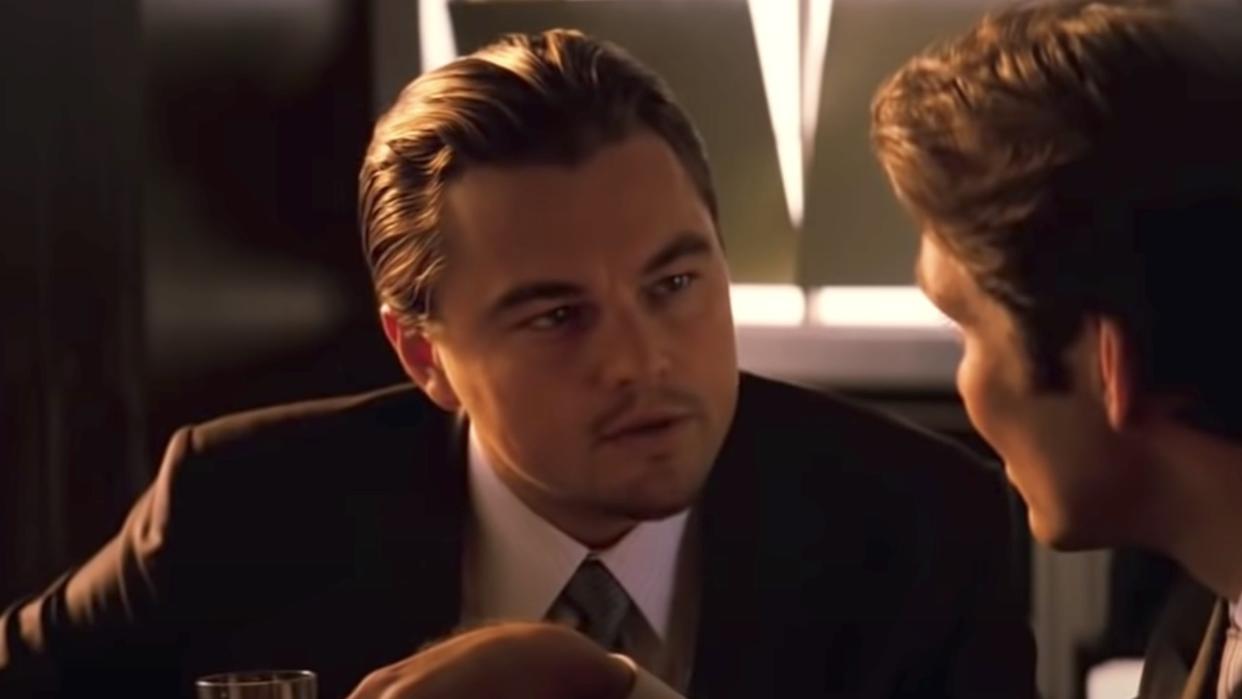
Sometimes a movie leaves us with a finale so head scratching, we need to run out and talk about it. That concern is always going to be valid, and that’s why we felt it was time to decipher 32 of the most confusing movie endings, so that you don’t have to. Brace yourselves, as some of these finales are all-time stumpers.
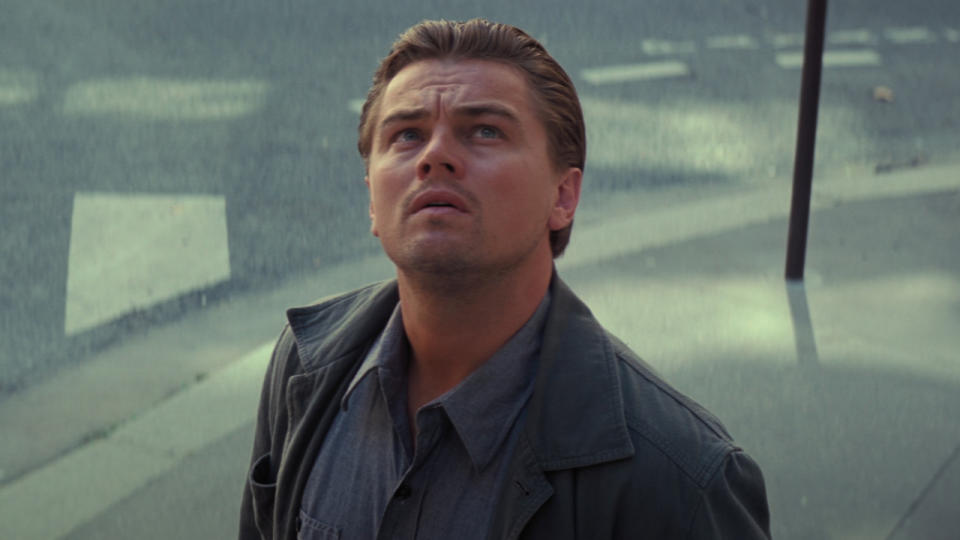
Inception
Is Dom (Leonardo DiCaprio) still in the dream world, or is he back home with his kids? It’s been over a decade since Inception planted that question in our minds, and as far as Christopher Nolan’s thoughts on Dom’s ending are concerned, it doesn’t matter because the character doesn’t care. Though if you ask us, Leo’s still dreaming in the end.
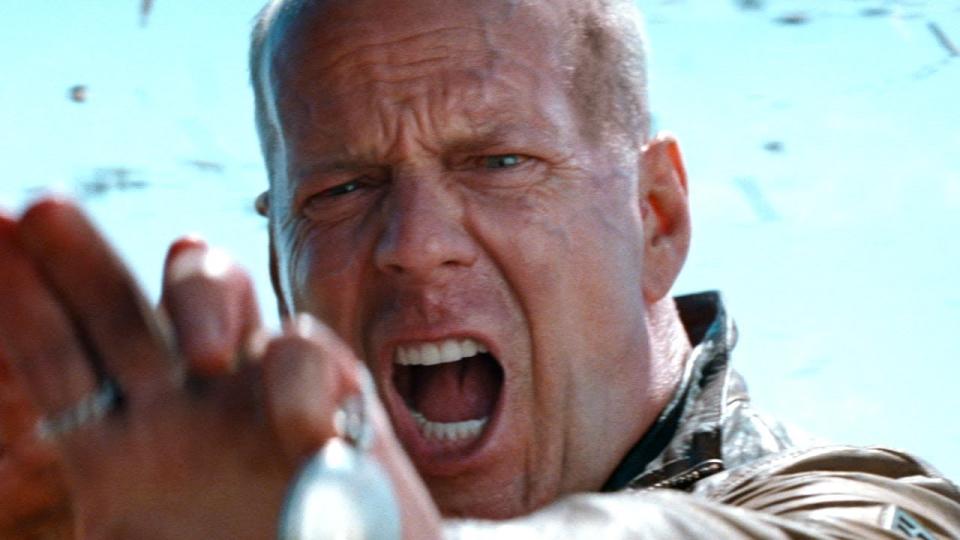
Looper
Because of how Looper’s time travel works in Rian Johnson’s story, one could say that it’s safe to assume that young Cid (Pierce Gagnon) doesn’t become the criminal overlord known as The Rainmaker. However, our own interpretation of the ending is that the death of both Joes (Joseph Gordon-Levitt/Bruce Willis) probably had no effect on Cid’s future, and the kid’s still destined for darkness.
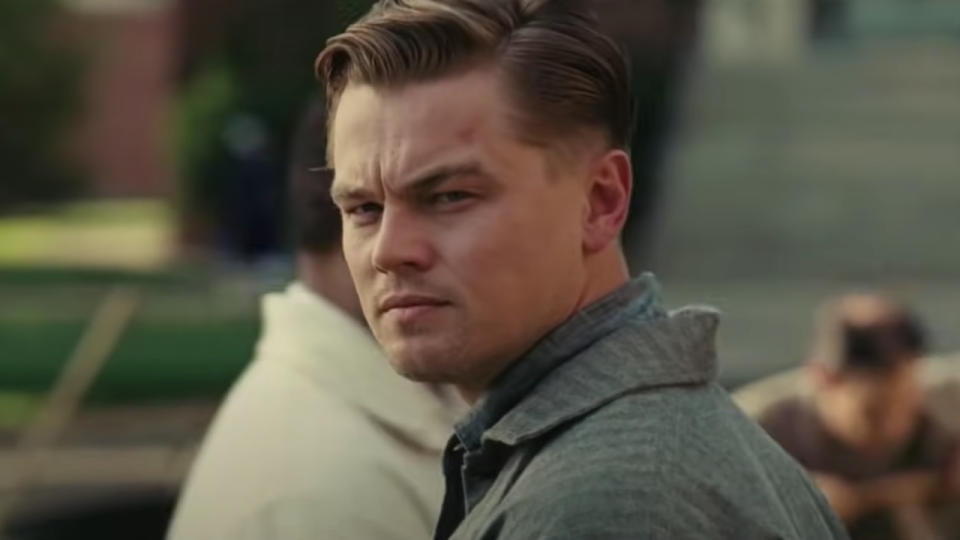
Shutter Island
This one’s a pretty cut-and-dry affair, as the finale of director Martin Scorsese’s adaptation of Shutter Island is actually clearer than the book when it comes to the final fate of Andrew Laeddis (Leonardo DiCaprio). In author Dennis Lehane’s novel, we’re not sure if Andrew or his Teddy Daniels persona is in control; but in Shutter Island’s movie ending, it’s plainly clear that Andrew wants that lobotomy, and pretends he still thinks he’s his US Marshall alter ego.
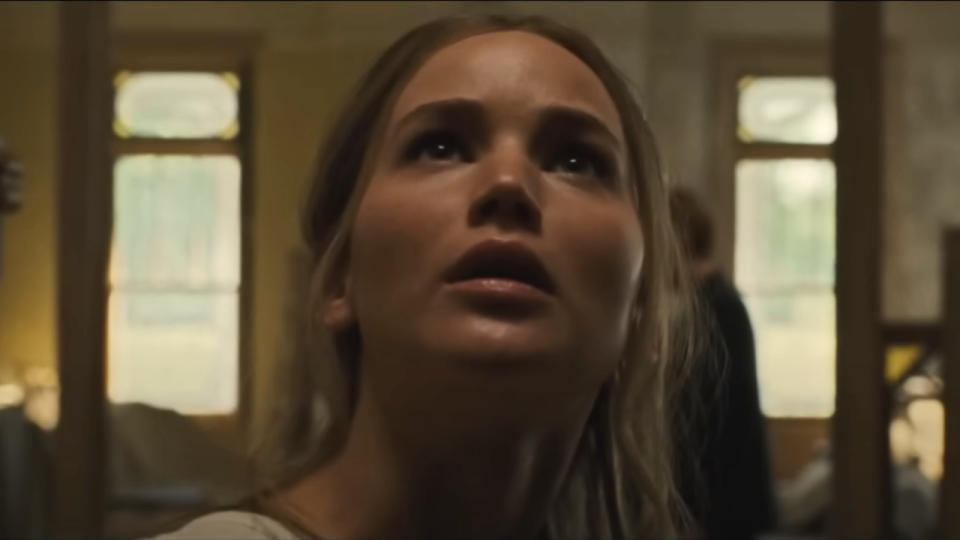
mother!
The ending to mother! is a literally Biblical finale, with Jennifer Lawrence’s titular matron unleashing apocalyptic ruin against her lover, Him (Javier Bardem). As we saw Darren Aronofsky’s film start with a woman burning in some hellfire of her own, we’re led to believe that the cycle of creation and destruction is about to start again, thanks to Him waking up his new companion the same way he roused mother.
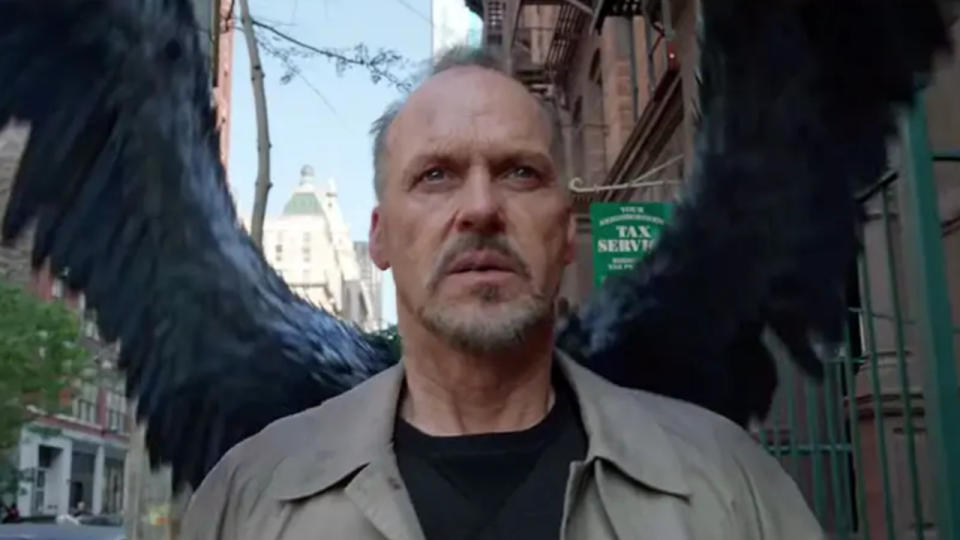
Birdman, or (The Unexpected Virtue of Ignorance)
Alejandro González I?árritu’s film Birdman, Or The Unexpected Virtue Of Ignorance is a rare case where a seemingly impenetrable ending fits along with the story that came before it. While we debate whether Riggan (Michael Keaton) jumped to his death or soared with the birds, the blurred lines of reality never let up even in the finale, causing us to question everything we’ve seen come to pass.
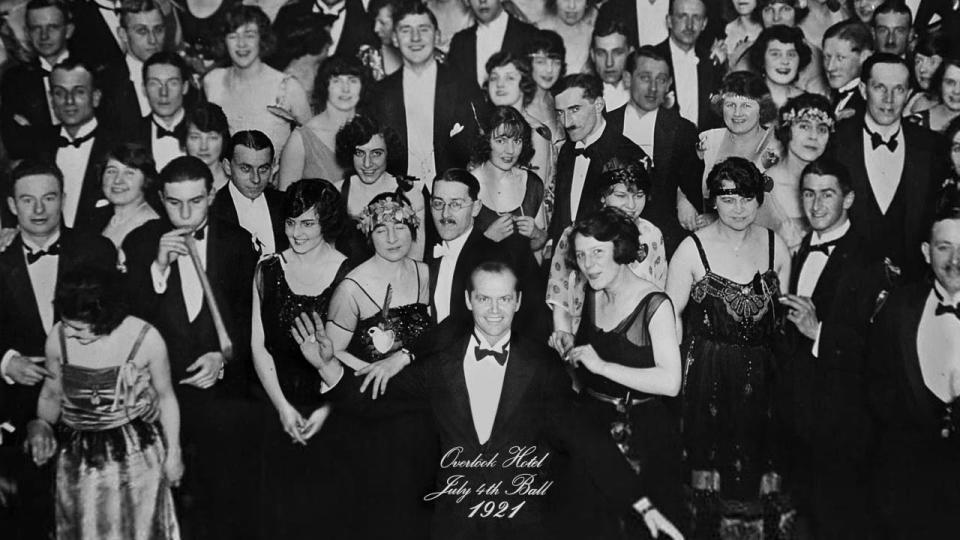
The Shining
Stephen King’s notorious dislike of The Shining, at least as a movie, certainly has its points. While Stanley Kubrick’s iconic adaptation is definitely a different beast from its literary source, as the film seemingly depicts the soul of Jack Torrance (Jack Nicholson) now caught in the purgatory of The Overlook. For years the mystery of that ominous photo kept people guessing, but thanks to Mike Flanagan’s Doctor Sleep, that seems to be the best answer available.
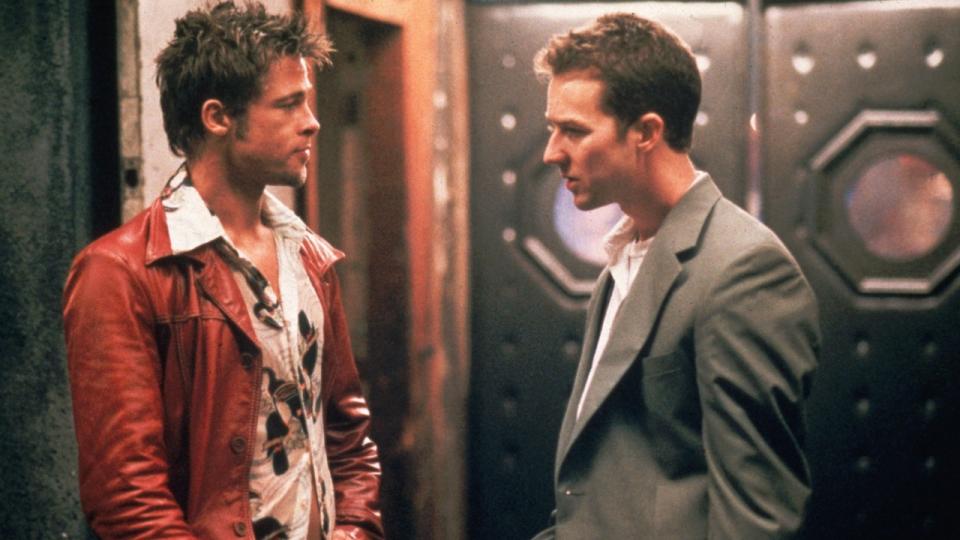
Fight Club
Just as Fight Club’s Operation Mayhem is about to punch a hole in the status quo, we learn that Tyler Durden (Brad Pitt) is a manifestation of the Narrator (Edward Norton) and his contempt for the world. Sometimes dissociating into that personality it’s our Narrator that was the mastermind this whole time. Holding hands with Darla (Helena Bonham Carter) while the world seemingly ends, there’s two comic sequels that tell the story of what happened after one of the best ‘90s movies of all time.
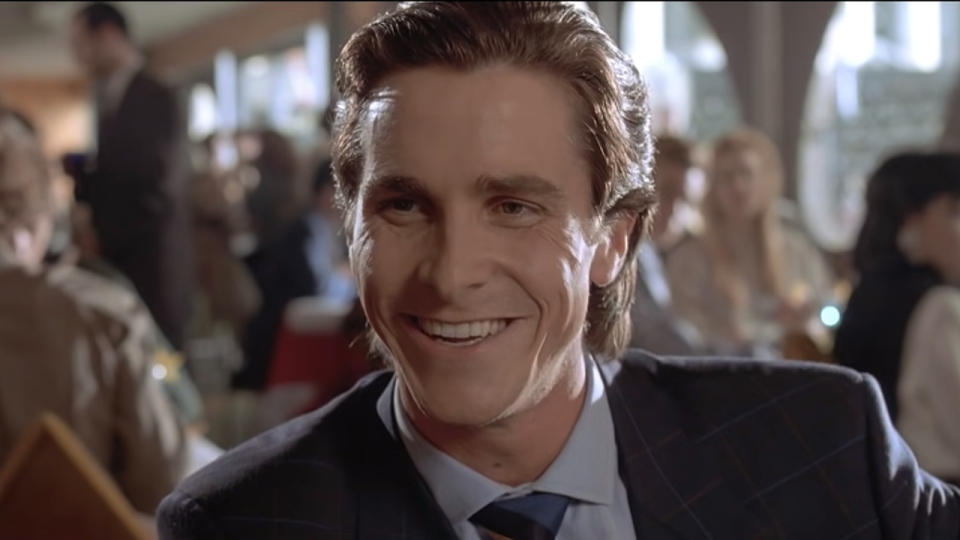
American Psycho
Did Patrick Bateman (Christian Bale) really kill all of those people? Apparently not. While he confesses to killing rival Paul Allen (Jared Leto), and even engages in a gun-toting showdown with the NYPD, the next day sees Patrick’s crimes being laughed off by anyone he mentions them to. Mary Harron’s film is just as open-ended as Bret Easton Ellis’ novel, but at the end of the day, Patrick does do a lot of drugs, and nobody can keep anybody’s names straight.
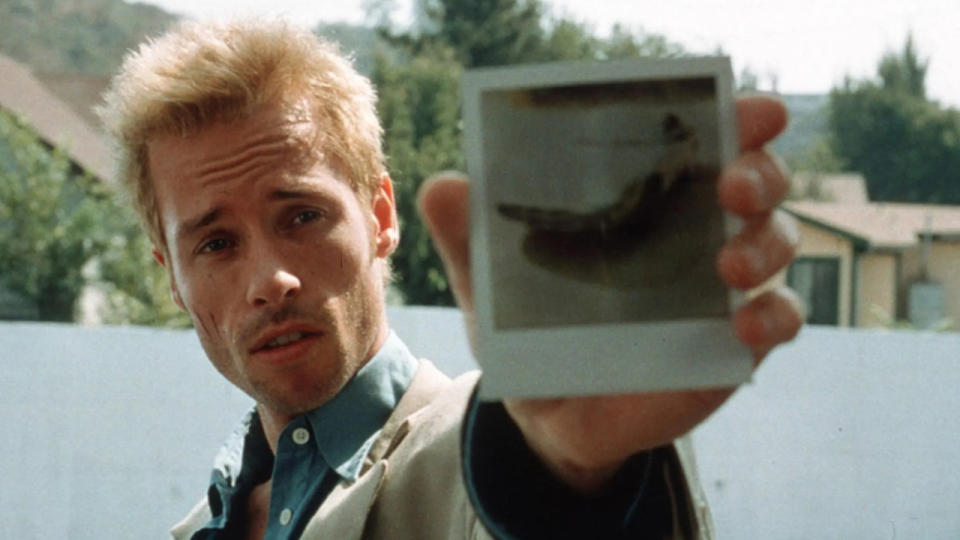
Memento
2000’s Memento saw would-be detective Leonard Shelby (Guy Pearce) seeking out his wife’s killer. Unfortunately, Leonard’s anterograde amnesia prevents him from remembering that he actually killed his wife’s assailant a year prior to the movie. Even after learning the truth, a moment of vengeance ensures that he’ll keep hunting his wife’s killer for the foreseeable future.
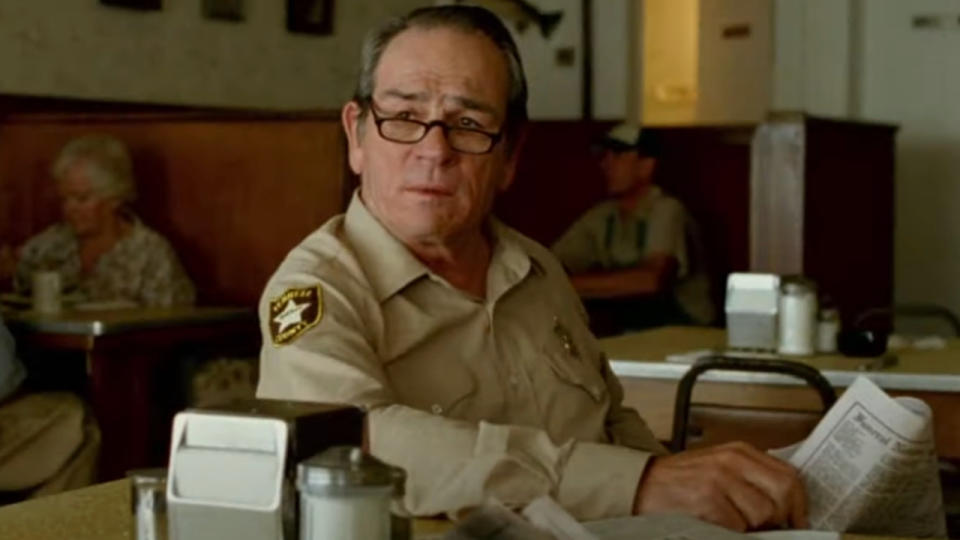
No Country For Old Men
The audience for 2007’s No Country for Old Men thought that there was a chance Llewelyn Moss (Josh Brolin) could have escaped the wrath of hitman Anton Chegur (Javier Bardem). As it turns out, that was never the case, as Moss and his wife were already dead. The true point of the story is to observe Sheriff Ed Tom Bell (Tommy Lee Jones) and his acceptance that the past is in the past, and there’s nothing you can do about it.
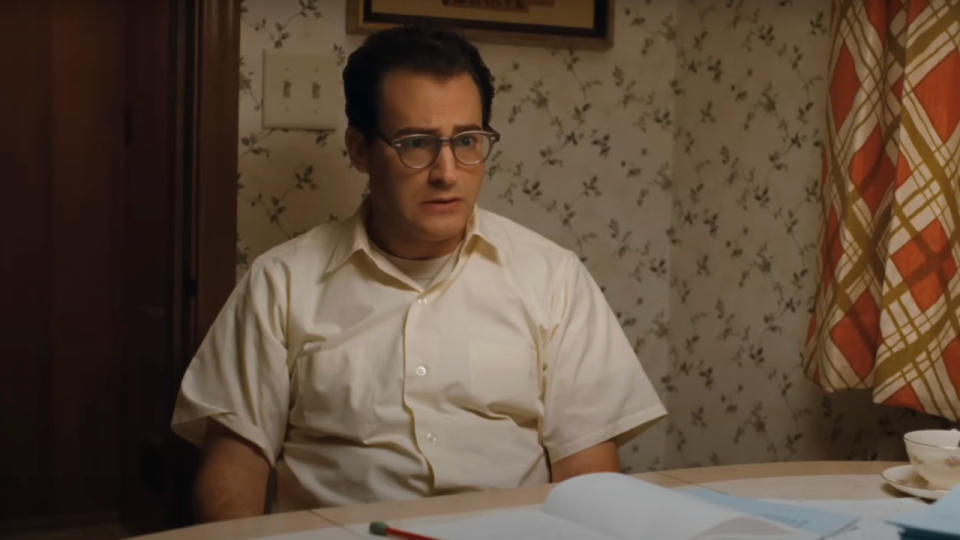
A Serious Man
In a quest for cosmic and karmic answers, Professor Larry Gopnik (Michael Stuhlbarg) sees two potential misfortunes befall him at the end of The Coen Brothers’ A Serious Man. Larry’s recent lab tests may indicate some serious health problems, and his son Danny (Aaron Wolff) is seconds away from being lost in a tornado. All because Larry took a bribe to change a student’s grade.
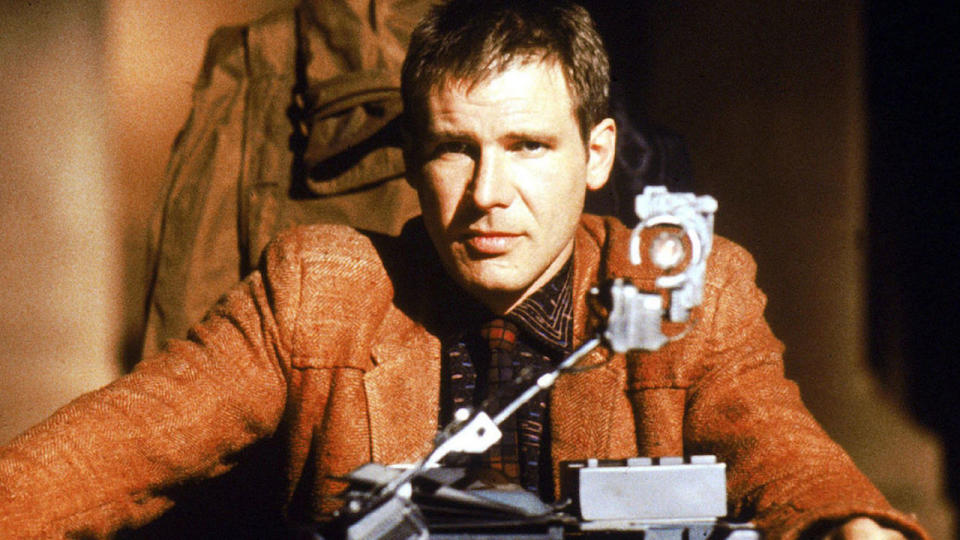
Blade Runner
The question of whether Deckard (Harrison Ford) is a replicant depends on how you view Blade Runner, right down to the cut you choose to view. While Harrison Ford believes Deckard is a replicant, both Ridley Scott and the events of Blade Runner 2049 seem to fall into the camp of uncertainty at best, and flat-out rejection in its most extreme. So yeah, Deckard’s humanity is up for grabs, with a firm lean towards confirming he’s flesh and blood.
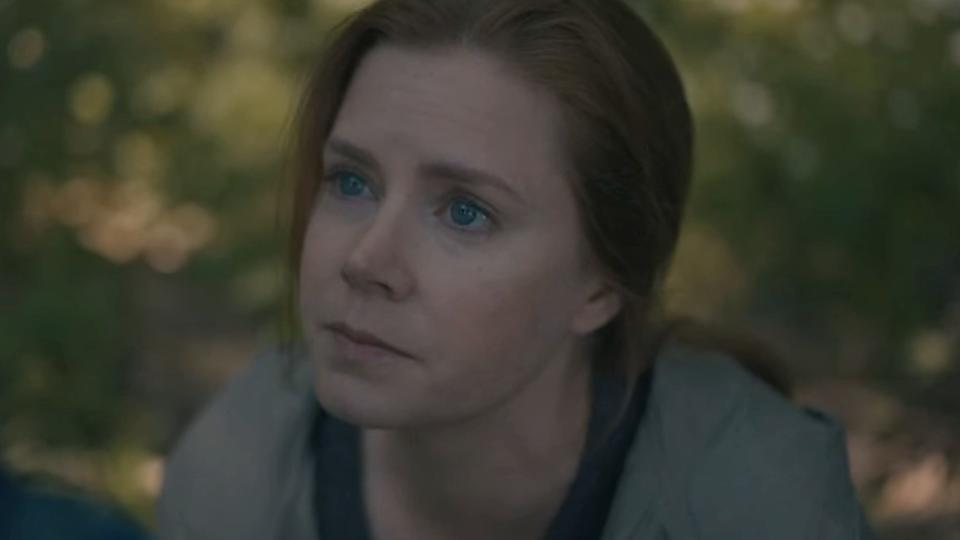
Arrival
The ending of Arrival also happens to be the beginning, as the visions of Louise Banks (Amy Adams) losing her young daughter are not flashbacks, but flash-forwards. Since the Heptapod language allows the human consciousness to basically remember the future, Louise’s fate is all the more bittersweet, as she proceeds to live through the tragedy she could have prevented.

2001: A Space Odyssey
Dr. David Bowman (Keir Dullea) finds himself experiencing one of the trippiest endings of cinematic history in Stanley Kubrick’s 2001: A Space Odyssey. The simplest way to explain what happened is that thanks to the third, most powerful Monolith, Dr. Bowman found himself unbound from time and space. Reborn as “The Star Child,” he is now ready to transition into even crazier forms throughout the rest of Arthur C. Clarke’s source novels; as he’s basically become immortal.

Donnie Darko
Time travel helps Donnie Darko become a confusing loop of causality, in which Donnie (Jake Gyllenhaal) realizes that in order to save his community from a chain of death and tragedy, he has to die. Using the strange powers he’s been developing throughout the film, he causes the jet engine that lands on his house earlier in the movie to ultimately kill his past self, rendering the events of Richard Kelly’s story null and void.
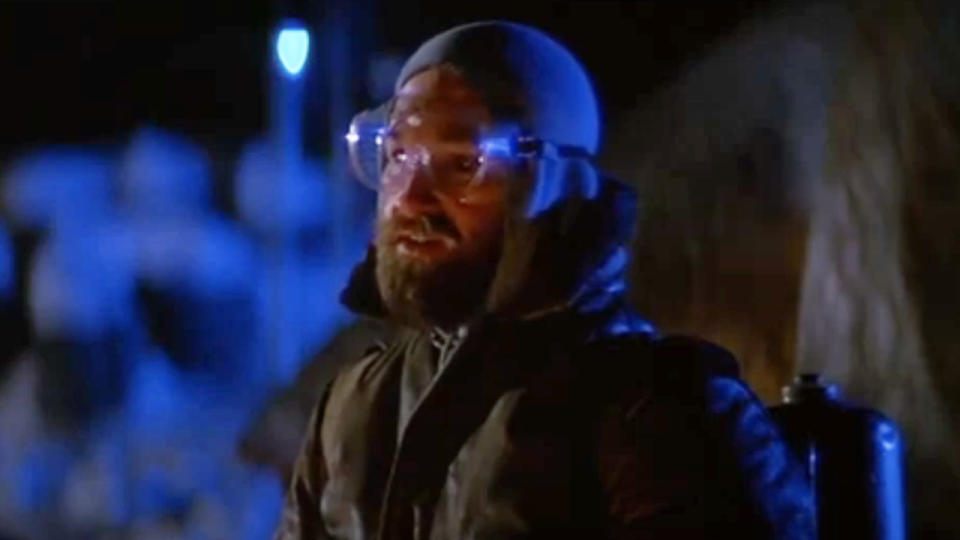
The Thing
John Carpenter’s The Thing is a horror classic for several reasons, one of which is the legendary special effects magic that remains chilling to this day. For our purposes, the other reason open for discussion is the movie’s ending, which questions whether Macready (Kurt Russell) or Childs (Keith David) could be The Thing. If you really want to fit the paranoid theme of the movie, the best assumption is that neither is The Thing, and their distrust eventually kills them both in the end.
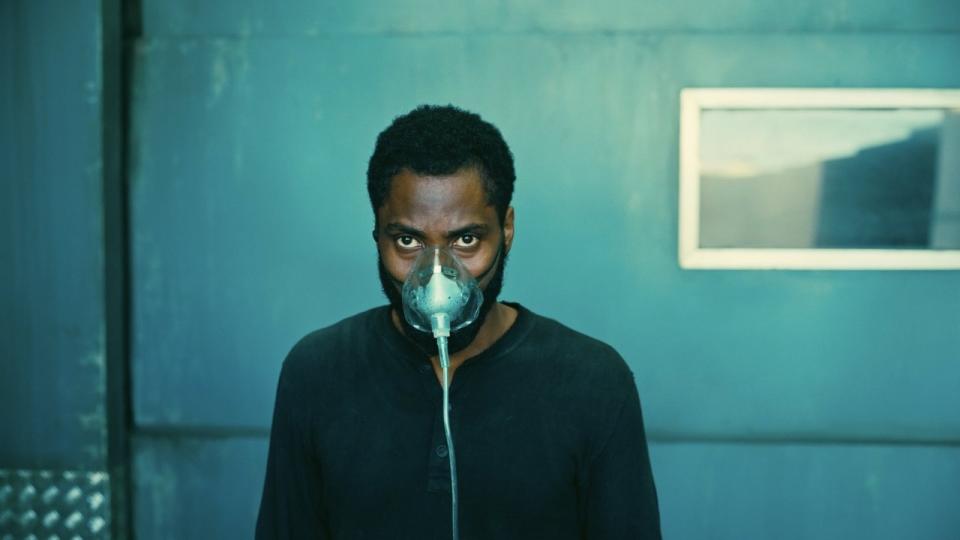
Tenet
Sometimes it feels like Christopher Nolan is going for the Hall of Fame when it comes to confusing endings. Tenet’s wild time inversion ride is one of the best examples, as the ending is as twisty as its concept of time. For The Protagonist (John David Washington), and the rest of us in the audience, Tenet is the beginning. However, for Neil (Robert Pattinson), this journey has been an inverted arc that leads to his death saving his new old friend in the movie’s killer opening sequence.
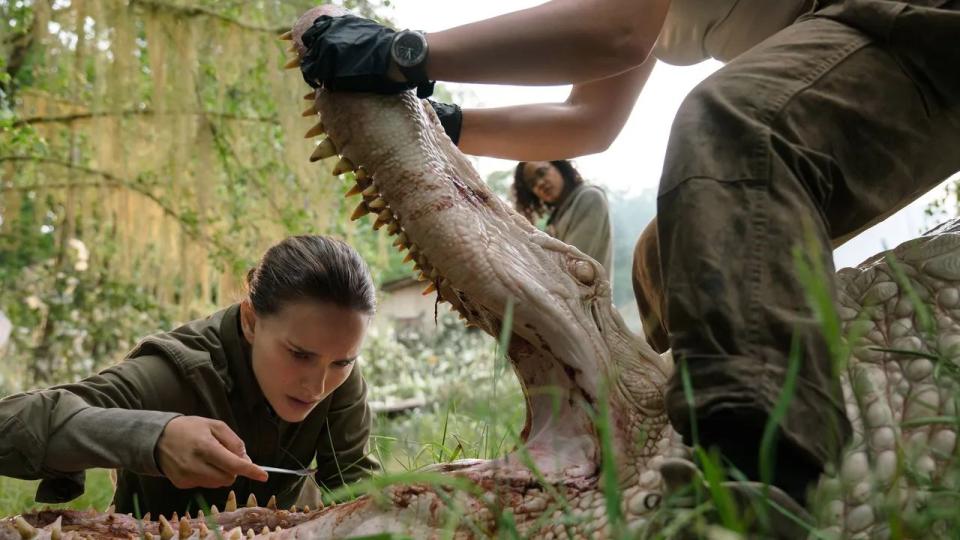
Annihilation
In a world of doppelgangers and uncertainty, Alex Garland’s film version of Annihilation is a double helix of a twist ending. Not only do we learn that Kane (Oscar Isaac) is actually an alien replica of his human self from the mysterious area known as “The Shimmer,” but we see that the original Lena (Natalie Portman) has been possessed by some of that Shimmer herself.
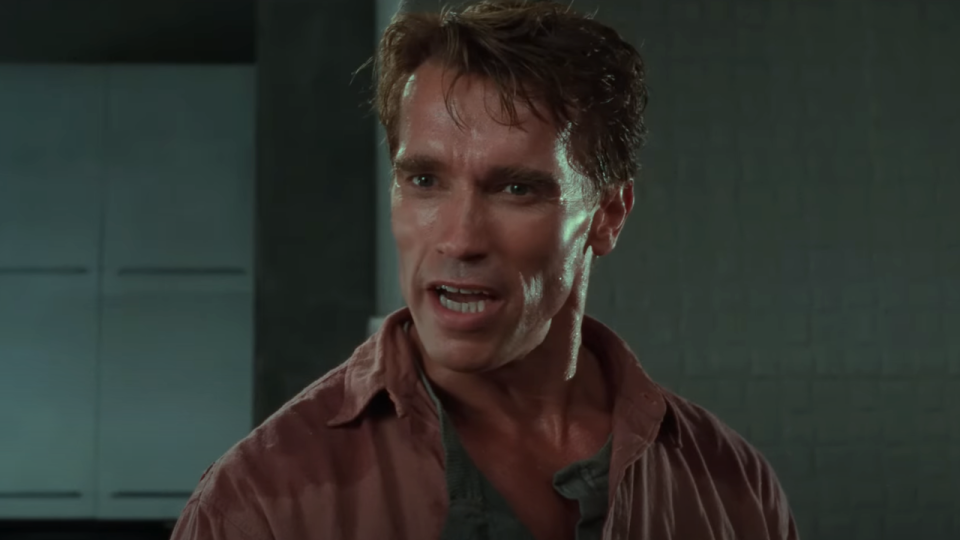
Total Recall
Admit it: Total Recall is so pumped full of adrenaline that it’s kind of easy to overlook whether or not Arnold Schwarzenegger’s protagonist had been dreaming the whole time. Paul Verhoeven’s action-packed retelling of Philip K. Dick’s “We’ll Remember It For You Wholesale” may seem to hedge its bets by the end, but we’re willing to say that Total Recall’s ending was all a dream.
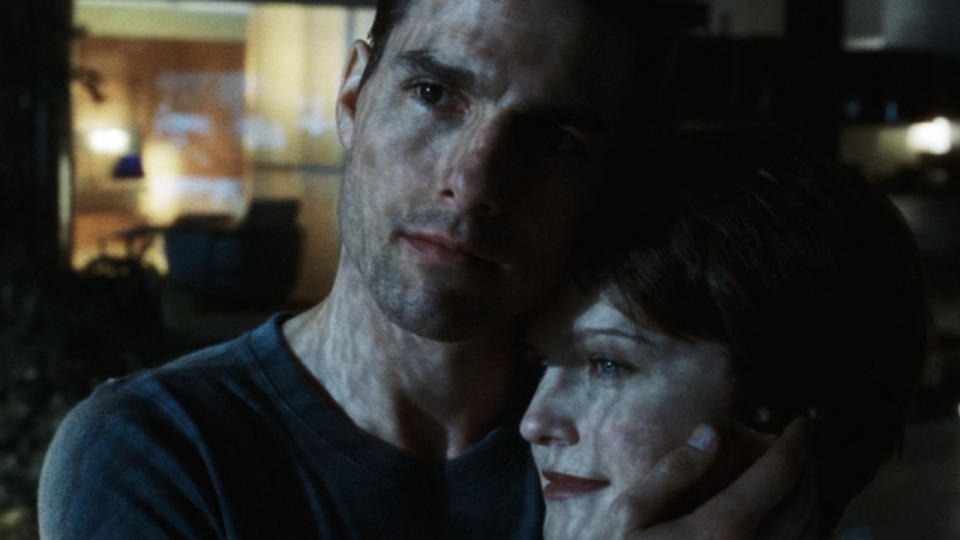
Minority Report
Legendary sci-fi author Phillip K. Dick had a knack for writing stories that lead to some of the most open-ended finales of all time. Steven Spielberg’s Minority Report is a long-standing beacon of ambiguity, as Tom Cruise’s John Anderton may or may not have dreamed his own happy ending after a certain point.
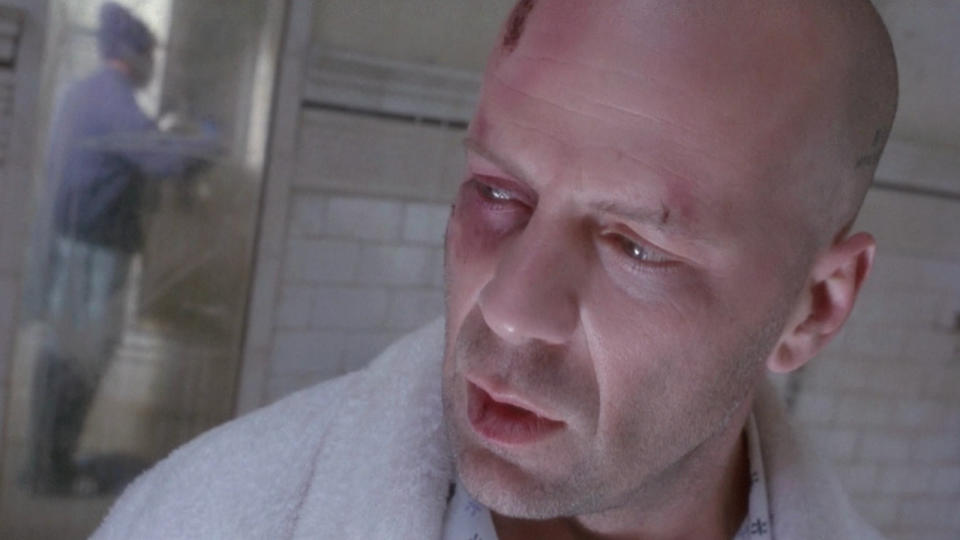
12 Monkeys
Poor James Cole (Bruce Willis). Plagued by nightmares from his childhood, the man trusted to prevent 12 Monkeys’ viral apocalypse from occurring just happens to be the man he saw gunned down in an airport when he was young. While the apocalypse seems to be on its way to being averted, this unfortunate time traveler’s fate would appear to have always been sealed.
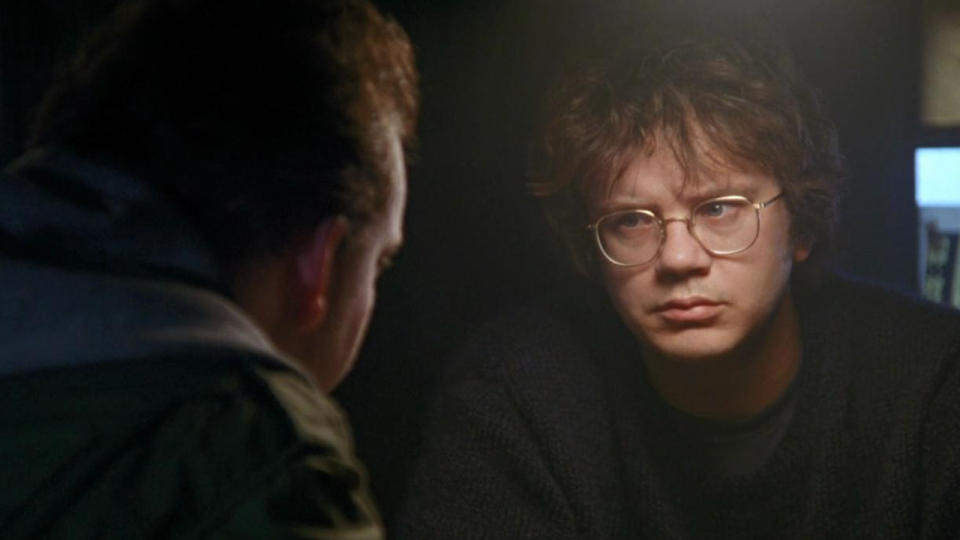
Jacob’s Ladder
Vietnam Vet Jacob Singer (Tim Robbins) winds his way through a maze of mystery and hallucination in Jacob’s Ladder, which ultimately leads to one hell of a twist ending. By the time we see his dead son Gabe (Macaulay Culkin) welcoming him to the afterlife, we learn that Jacob actually never made it home from Vietnam. The entire movie, save for the sequences set during the war, was a hallucination on Jacob’s deathbed.
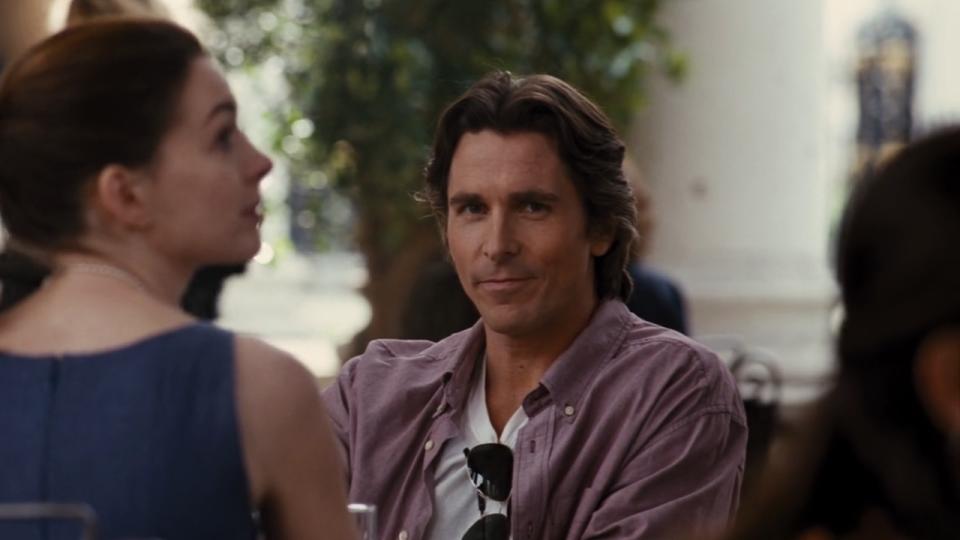
The Dark Knight Rises
Based on the overwhelming evidence left in the finale of The Dark Knight Rises, the question of whether Bruce Wayne (Christian Bale) is alive and well in Italy at the end seems pretty open and shut. After learning that the Caped Crusader fixed the autopilot function on The Bat, it would appear that Bruce found a way to retire from his life of crime-fighting, while leaving his arsenal to the next person he trusted with the mantle: Officer Robin John Blake (Joseph Gordon-Levitt).
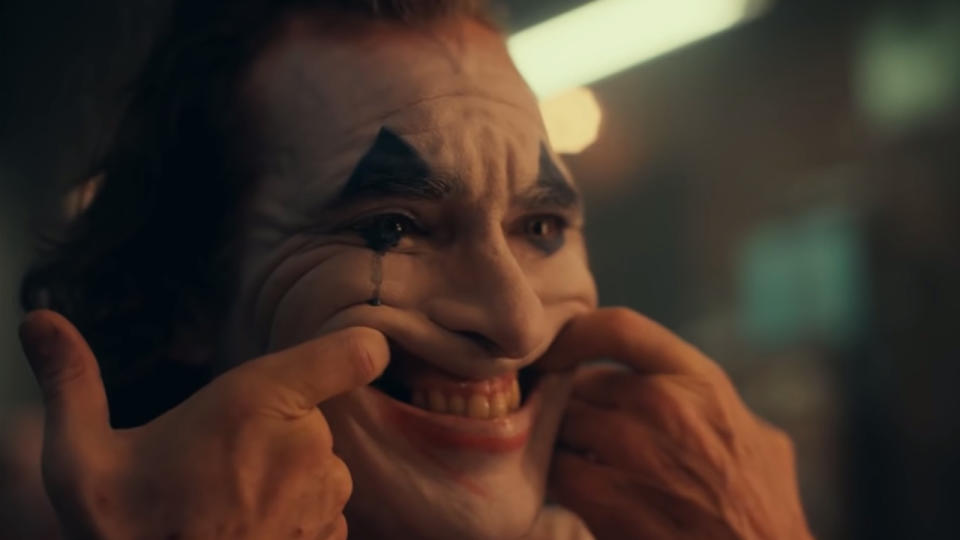
Joker
What do Joker’s Arthur Fleck (Joaquin Phoenix) and American Psycho’s Christian Bale have in common? Well, apparently, they both suffer from a state of psychosis so great they’ve imagined killing people in their waking lives. What makes Todd Phillips’ Academy Award-winning thriller all the more confusing is that thanks to Arthur’s reputation as an unreliable narrator, there may be several layers of fantasy at work throughout this chilling narrative.
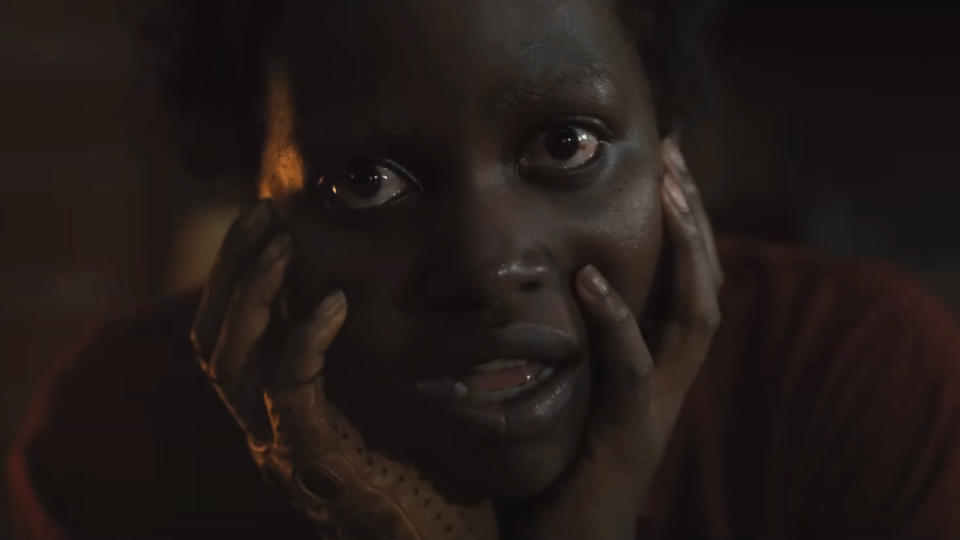
Us
Throughout Jordan Peele’s Us, we’re supposed to believe that Adelaide (Lupita Nyong’o) is being chased by her Untethered doppelganger Red (also Nyong’o). In actuality, what seems to have happened is that on that fateful night in 1986, Red swapped places with Adelaide. Over 30 years later, when Adelaide attempts to reclaim her life through an Untethered revolution, Red kills her - maintaining her stolen life on the surface.
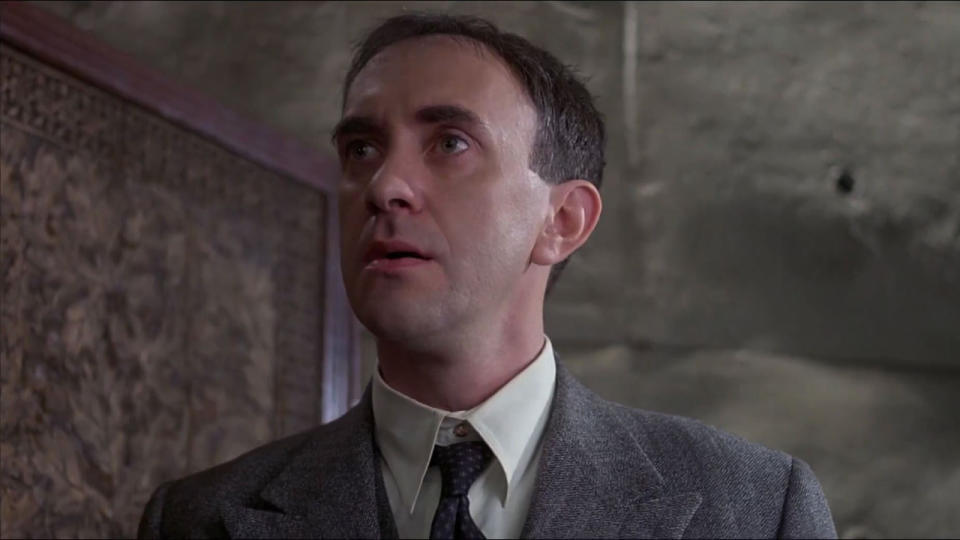
Brazil
Brazil’s ending is one of the most confusing in history thanks to the fact that there are three different conclusions. Thanks to good old-fashioned studio meddling, Sam Lowry (Jonathan Pryce) either suffers a mental break, escapes with his true love (Kim Greist), or winds up in a sort of middle ground; depending on which cut you watch. But the definitive ending is the first and bleakest scenario, which explains what inspired the meddling in the theatrical and TV cuts.
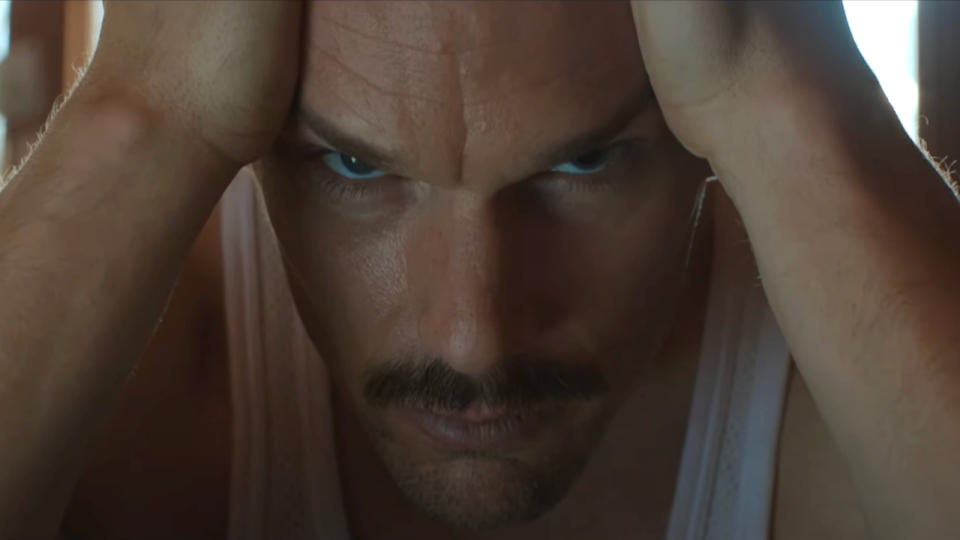
Predestination
Predestination’s ending is a confusing affair because of all the twists one has to keep in mind when defining the identity of our protagonist. The trick is to know two things: John (Sarah Snook), Jane (also Sarah Snook), and their baby are all the same person, and thanks to time travel shenanigans they eventually become the terrorist they’re hunting (Ethan Hawke). With that knowledge, it doesn’t seem like the terrorist attack in question can be changed, especially since it all hinges on several variants of the same person involved in all the crucial aspects.
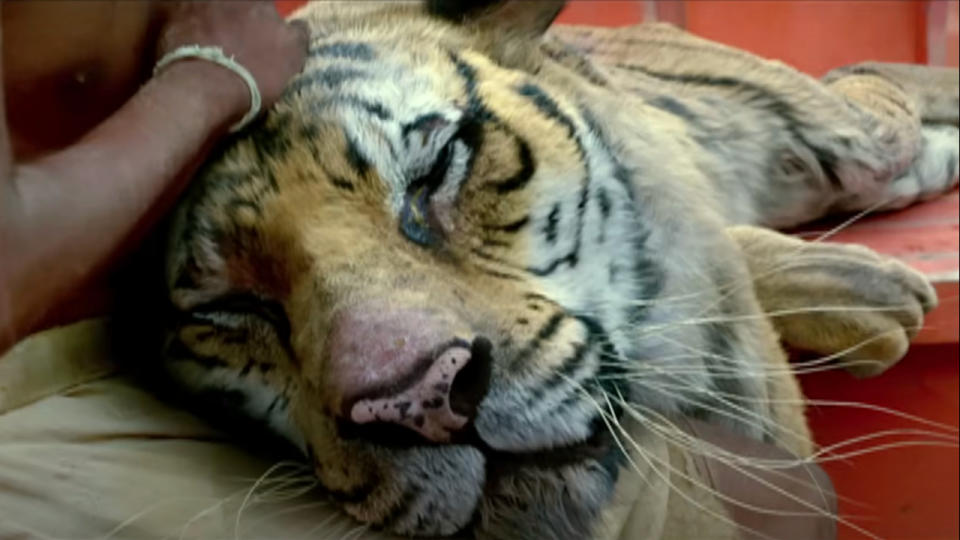
Life Of Pi
Apologies to all of you animal lovers out there, as the tiger known as Richard Parker wasn’t in the lifeboat with young Pi (Suraj Sharma). All of the animals in the tragic story on the boat are metaphors for the very real tragedy of Pi losing his mother (Tabu) and killing her murderer (Gérard Depardieu) before being lost at sea. It turns out the tiger was the metaphor for Pi’s inner strength to survive.
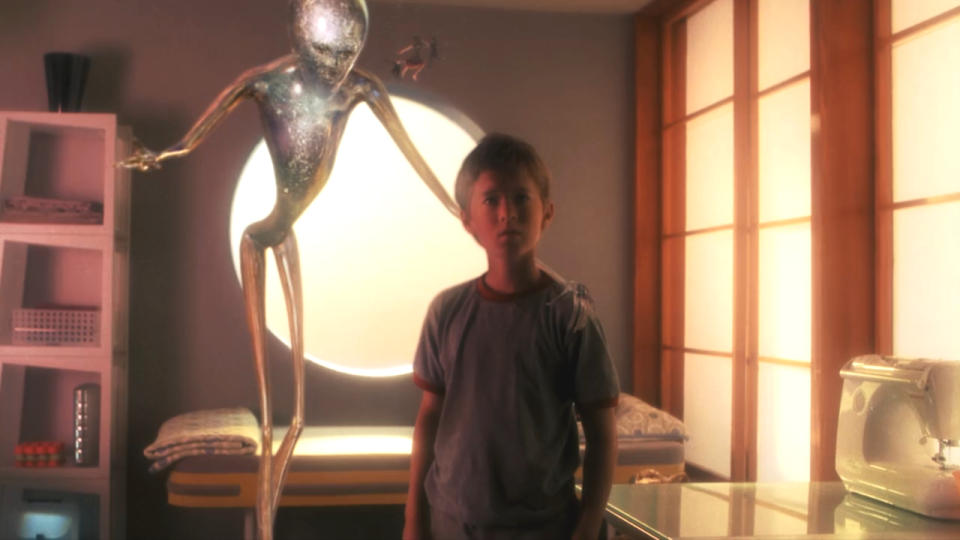
A.I.: Artificial Intelligence
Stanley Kubrick’s trust in Steven Spielberg to make A.I.: Artificial Intelligence into a reality has led to many people wondering where the movie should have ended. It only confused things more when there wasn’t a readily apparent explanation that the “aliens” that young David (Haley Joel Osment) encounters in the far-flung future are actually evolved Mechas trying to learn about the age of humanity.
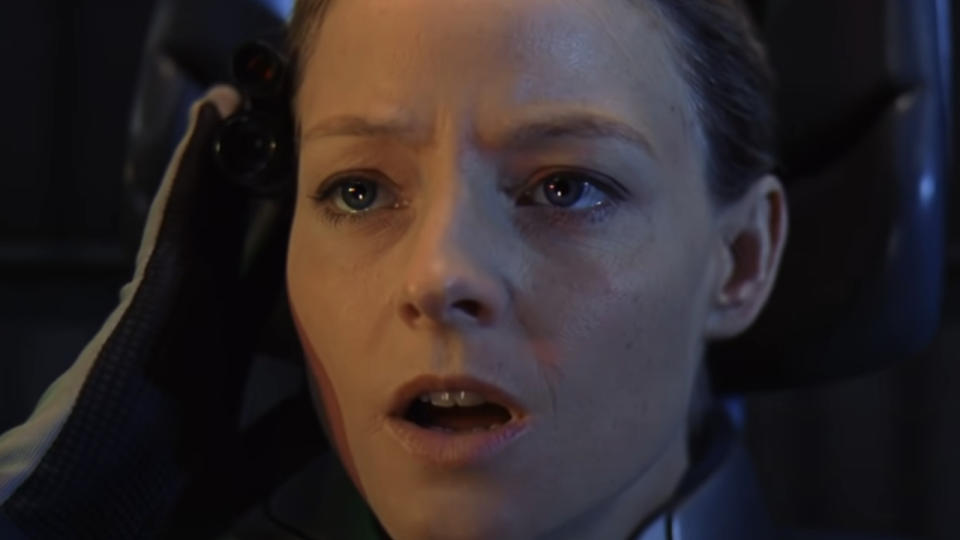
Contact
Dr. Ellie Arroway (Jodie Foster) assumes that her journey toward the end of Contact actually sends her to the outer reaches of space. In truth, while her consciousness may have encountered alien life, there’s no physical evidence to corroborate her story. For once, the scientist is on the side of faith.
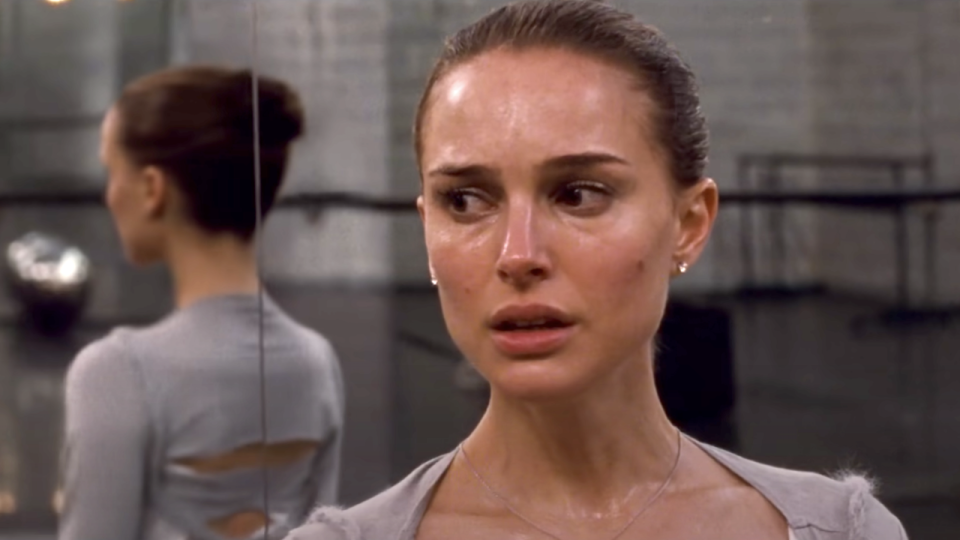
Black Swan
In the third act of Darren Aronofsky’s Black Swan, ballerina Nina Sayers (Natalie Portman) mistakenly thinks she killed her presumed rival Lily (Mila Kunis) with a large shard of class. In actuality, it was herself that she stabbed, right before a supposedly star-making performance in Swan Lake. It's presumed that Nina bleeds out as the film fades to white.

Dune: Part Two
To be completely honest, there’s one simple yet baffling reason the ending to Dune: Part Two is on this list. Honestly, if you can walk away from Paul Atredies’ (Timotheé Challamet) journey and think he’s still a hero, you’re wrong. Try as he might, the dude’s turned into the prophecy, and he’s about to commit space genocide. Sorry, he’s about to “show his enemies to Paradise.”
We hope that your head isn’t spinning too hard after this collection of the most confusing endings of cinematic history. At least you can count on the finale of this very rundown to be a clear and concise version of events. Or can you?